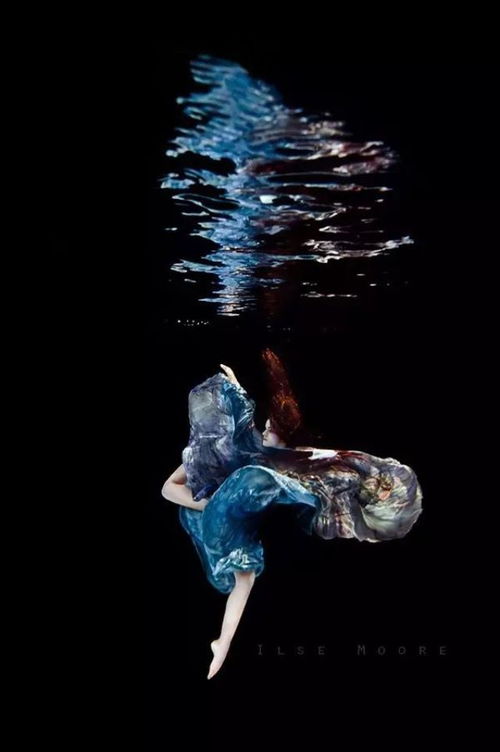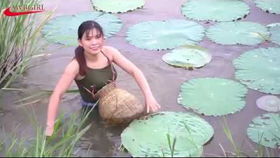Content:
In the realm of survival stories, the deserted island hero often faces numerous challenges, one of which is procuring sustenance. Among the essential skills required to survive on a deserted island, fishing stands out as a crucial technique. In this article, we will delve into the art of fishing and provide you with valuable tips and tricks to become a proficient fisherman, even on a deserted island.
Choosing the Right Equipment
When it comes to fishing, the right equipment can make a significant difference. Here are some essential tools that every deserted island hero should have:
a. A fishing rod: Opt for a telescopic rod that can be easily adjusted to your desired length. Ensure it is sturdy and can withstand the harsh conditions of the island.
b. Fishing line: Select a strong, durable line that can handle the weight of the fish you plan to catch. A monofilament line is a popular choice due to its flexibility and strength.
c. Hooks: Have a variety of hook sizes on hand to accommodate different fish species. It's advisable to carry a mix of small, medium, and large hooks.
d. Lures and baits: Carry a selection of artificial lures and natural baits such as worms, insects, or small fish. This will allow you to adapt to the changing conditions and preferences of the fish in your surroundings.
e. Tackle box: Store your hooks, lures, baits, and other fishing accessories in a waterproof tackle box to keep them organized and protected from the elements.
Locating the Best Fishing Spots
To maximize your chances of catching fish, it's essential to identify the best fishing spots on your island. Here are some tips to help you find the ideal location:
a. Look for signs of fish: Pay attention to any signs of fish activity, such as bird diving, fish jumping, or fish prints on the sand or mud.
b. Investigate the terrain: Fish often congregate in areas with structure, such as rocks, coral reefs, or submerged logs. Look for these features when searching for potential fishing spots.
c. Analyze the tides: Fish tend to be more active during low tide, as they have easier access to food. However, don't overlook the opportunities that high tide offers, as fish may be more visible and accessible.
Mastering the Art of Baiting
Baiting is a crucial aspect of fishing, as it entices fish to strike. Here are some tips to help you master the art of baiting:
a. Use fresh bait: Fresh bait is more attractive to fish than stale or decomposing food. If you have access to live bait, such as worms or small fish, use them whenever possible.
b. Keep your bait natural: Try to match the color and texture of your bait to the natural food sources in your environment. This will make it more appealing to the fish.
c. Present your bait properly: Whether you're using live bait or artificial lures, it's essential to present them in a way that mimics the natural movement of their prey. This may involve twitching, jerking, or using a slow retrieve.
Techniques for Catching Fish
Once you've located a good fishing spot and presented your bait, it's time to focus on the actual fishing techniques. Here are some tips to help you catch more fish:
a. Cast with precision: Practice your casting technique to ensure you're placing your bait in the desired location. A well-placed cast can significantly increase your chances of catching fish.
b. Set the hook properly: When a fish strikes, set the hook quickly and firmly. A slow and deliberate hookset can lead to missed opportunities.
c. Play the fish wisely: When a fish takes your bait, fight it with patience and control. Avoid reeling in too quickly, as this can exhaust the fish and cause it to break off.
Storing and Cooking Your Catch
Once you've successfully caught fish, it's important to store and cook them properly to ensure they remain safe to eat. Here are some tips:

a. Clean your fish immediately: Use a knife to remove the scales, gut, and fins. This will help preserve the freshness of the fish.
b. Store your fish properly: If you plan to store the fish for later consumption, place it in a cool, shaded area or in a container filled with ice.
c. Cook your fish thoroughly: Ensure your fish is cooked to an internal temperature of 145°F (63°C) to kill any potential bacteria or parasites.
In conclusion, fishing is a vital skill for the deserted island hero. By mastering the art of fishing, you can provide yourself with a steady supply of food, making your survival on the island more manageable. With the right equipment, techniques, and knowledge, you'll be well on your way to becoming a proficient fisherman, even in the most challenging of environments.












